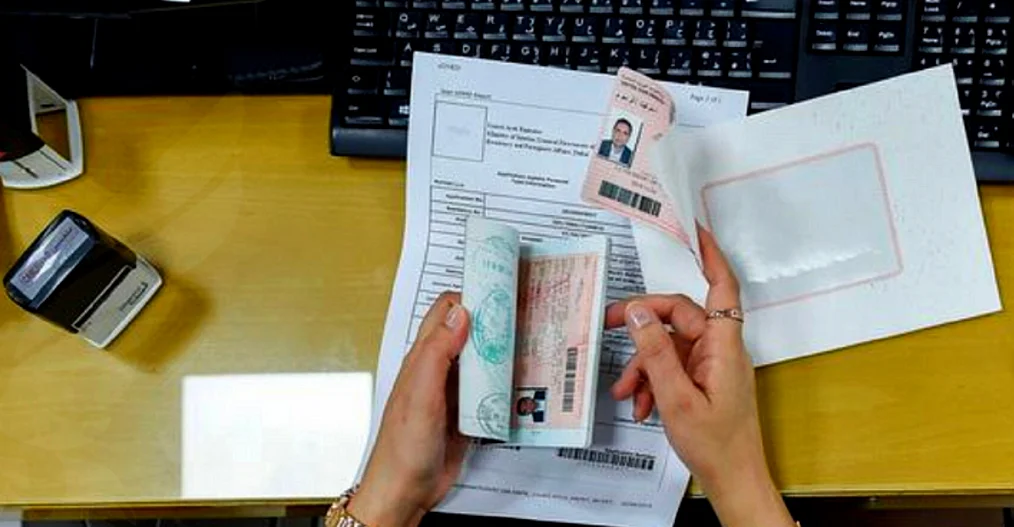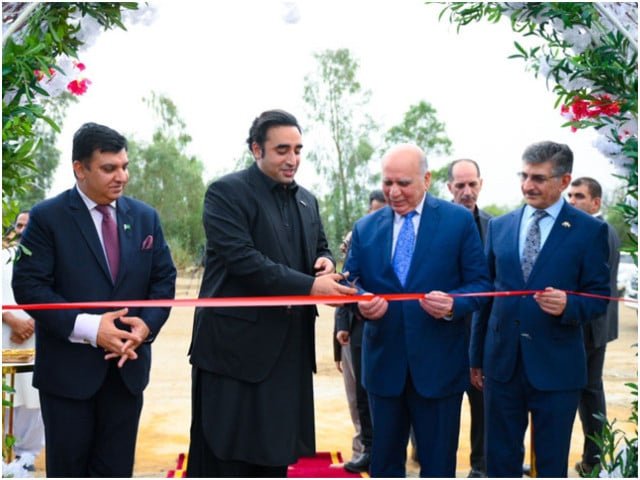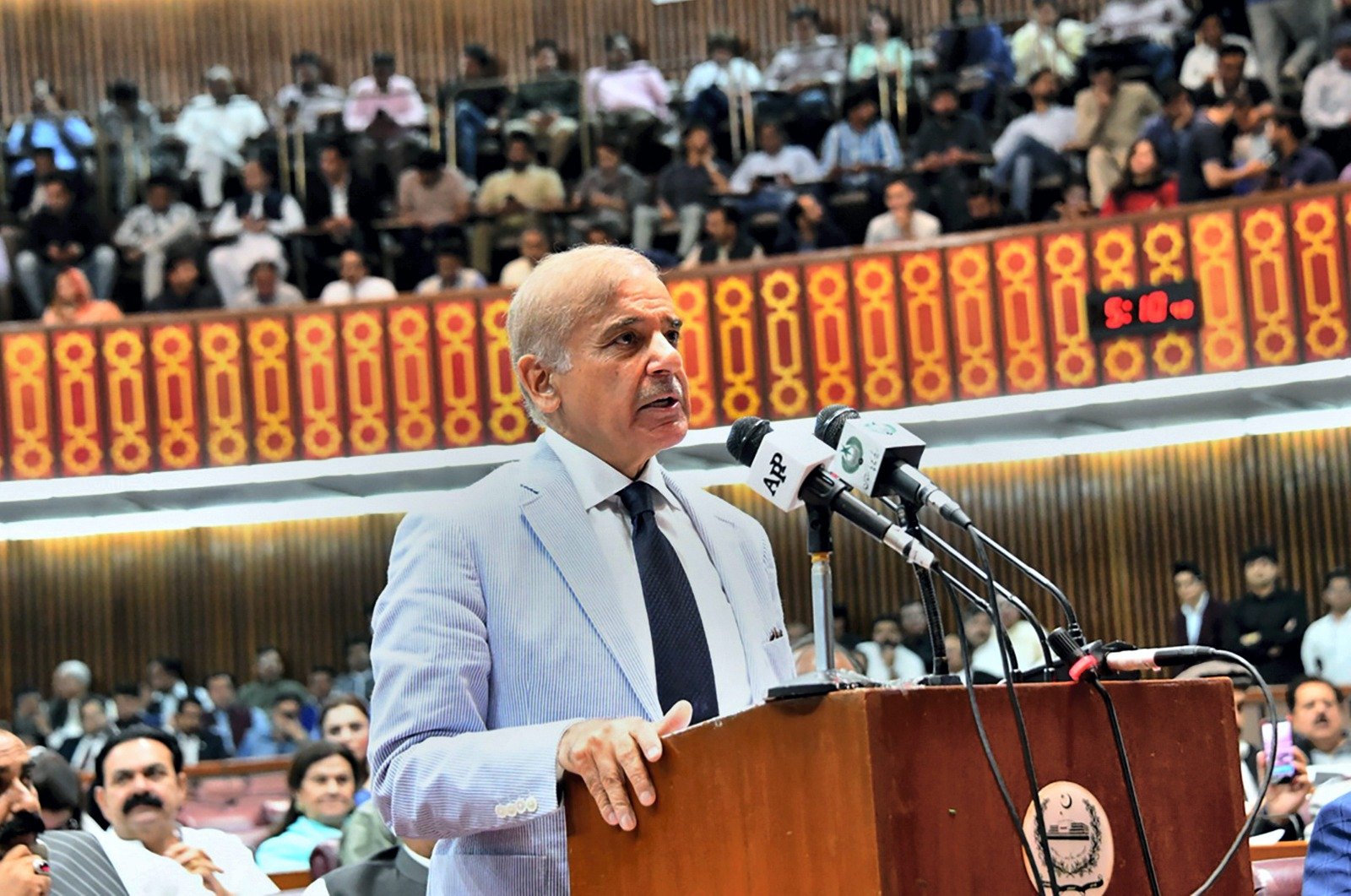Pakistan Introduces Fixed Federal Excise Duty on Air Tickets for Labor Visa Travelers to Gulf Countries

Government’s New Taxation Move Aims to Boost Revenue from Outbound Labor Migration
In a recent development, the federal government of Pakistan has announced the imposition of a fixed federal excise duty of Rs 5,000 on air tickets for passengers traveling to Gulf countries on labor visas. This strategic move aims to streamline the taxation process and enhance government revenue from the substantial flow of outbound labor migration to Gulf states.
Details of the New Excise Duty
The newly introduced excise duty will apply to passengers holding labor visas for destinations in the Gulf Cooperation Council (GCC) countries, including Saudi Arabia, the United Arab Emirates (UAE), Qatar, Oman, Kuwait, and Bahrain. This measure is designed to target the significant number of Pakistani workers seeking employment opportunities in these regions, which are known for their demand for skilled and unskilled labor from Pakistan.
The excise duty, set at a flat rate of Rs 5,000 per ticket, will be added to the cost of air travel for those flying on labor visas. This initiative is part of the government’s broader strategy to tap into the economic potential of labor migration and ensure a steady stream of revenue from the sector.
Economic Implications and Revenue Generation
The introduction of the excise duty is expected to have several economic implications. It aims to:
- Increase Revenue: By implementing a standardized duty on air travel for labor visa holders, the government seeks to bolster its revenue collection efforts. Given the large number of Pakistanis traveling to Gulf countries for employment, this measure is anticipated to generate substantial funds for the national exchequer.
- Streamline Taxation: The fixed duty provides a simplified taxation structure, making it easier for airlines and travelers to comply with the regulations. It eliminates variability in tax calculations, leading to a more efficient and predictable revenue collection process.
- Regulate Labor Migration: The excise duty serves as a regulatory measure to better monitor and manage labor migration patterns. By formalizing the taxation process, the government aims to ensure that outbound labor migration is conducted within a structured framework.
Impact on Pakistani Workers
While the excise duty is expected to generate revenue for the government, it may also impact the financial burden on Pakistani workers seeking employment abroad. The additional cost of Rs 5,000 per ticket could influence the decision-making process for potential labor migrants, especially those from lower-income backgrounds.
Critics of the policy have raised concerns about the potential financial strain on workers, arguing that it may disproportionately affect those from disadvantaged communities who rely on foreign employment as a means of economic upliftment. However, supporters contend that the revenue generated from this duty could be reinvested in programs aimed at supporting labor migrants and enhancing their skills and opportunities.
Government’s Rationale and Objectives
The federal government’s decision to impose the excise duty aligns with its broader fiscal objectives of expanding the tax base and reducing reliance on indirect taxes. By targeting a specific segment of the population involved in labor migration, the government aims to diversify its revenue sources and contribute to economic stability.
Additionally, the policy reflects an understanding of the economic significance of remittances sent by Pakistani workers in the Gulf. These remittances play a crucial role in bolstering the country’s foreign exchange reserves and supporting economic growth. The government hopes that by regulating labor migration and ensuring a fair taxation system, it can optimize the benefits derived from this important economic sector.
The introduction of a fixed federal excise duty on air tickets for labor visa travelers to Gulf countries marks a significant step in Pakistan’s efforts to streamline taxation and harness revenue from labor migration. As the policy comes into effect, its impact on both government coffers and the labor migration landscape will be closely monitored.
While the measure aims to generate additional revenue and streamline taxation, it also raises important considerations about the financial implications for Pakistani workers. As the government continues to implement this policy, it will need to strike a balance between fiscal objectives and ensuring the welfare of its citizens seeking opportunities abroad.










